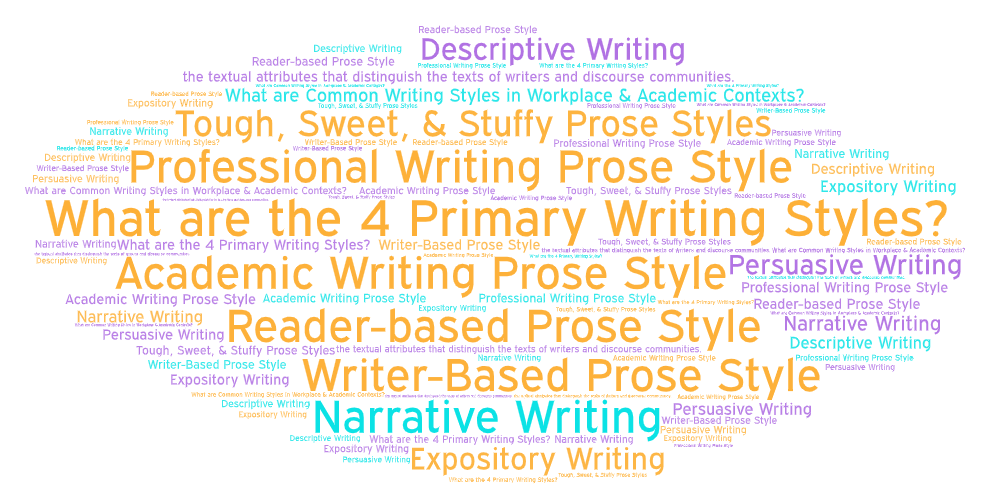Academic Writing – How to Write for the Academic Community
What is Academic Writing? Academic writing refers to all of the texts produced by academic writers, including theoretical, empirical, or experience-based works. Examples: Different academic fields have distinct genres, writing styles and conventions because each academic field possesses its own set of rules and practices that govern how ideas are researched, structured, supported, and communicated. ...




